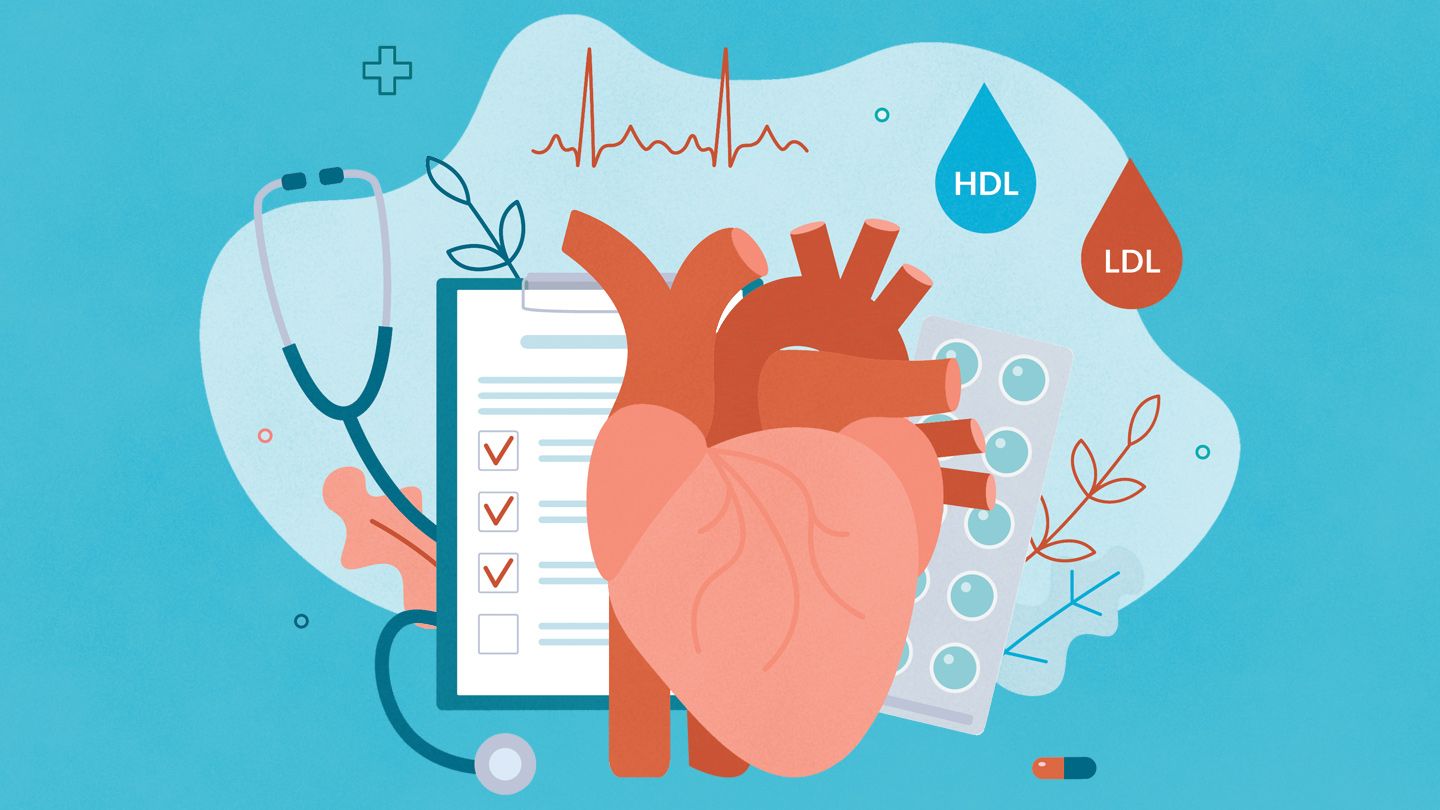Top Stories
- Know Everything About Nipah Virus, Which Is Back In Kerala Again
- Kevin Porter Jr Arrested On His Girlfriend’s Assault Charge
- Market Change Overnight - Know The 8 Things That Did It
- Who Are Alba Baptista And Chris Evans Married On The Weekend?
- Disrupted India vs Pakistan Asia Cup 2023 Match on Reserve Day
- 10 Common Foods That Contain No Calories or Are Very Low in Calories
- Men’s Styling Tips - Know the 9 Common Style Mistakes to Avoid
- Coco Gauff Beats Karoline Muchova and Reaches the US Open Final
- Danny Masterson Gets Life Sentence of 30 Years for Two Rapes
- Experience A Splendid Vacation in Kashmir with These 15 Gorgeous Sights
- India
- Saturday , July 27, 2024
- Last Published Sep 12, 2023, 6:48:32 PM

All You Need to Know About Triglycerides and its Role in your Heart Health
With so much awareness spread around heart health, people have now started monitoring their blood pressure and cholesterol levels. Regularly. However, most of them are still missing something crucial, and that is the levels of triglycerides. High level of triglycerides in your blood is capable of increasing the risk of heart disease. And to prevent this, you need to keep a check on the number of triglycerides, too.
What are Triglycerides?
Triglycerides are a type of fat present in your blood. So, how are they formed? When you eat, your body gets a certain amount of calories depending on your food type. Furthermore, after your body consumes the required calories, it converts the excess into triglycerides. These substances are stored in your fat cells and later released for energy between meals. Technically speaking, if you consume more calories than your body burns in a day, the excess will be converted into triglycerides, increasing its level in your body.Levels of Triglycerides
It is easy to know the level of triglycerides, as a simple blood test can reveal your condition. These levels can be demarcated into four categories;- Normal: Less than 150 miligrams per deciliter (mg/dL), or <1.7 millimoles per liter (mmol/L)
- Borderline High: 150-199 mg/dL or 1.8 to 2.2 mmol/L
- High: 200 to 499 mg/dL or 2.3 to 5.6 mmol/L
- Very high: 500 mg/dL or above or 5.7 mmol/L or greater
What is the Difference between Cholesterol and Triglycerides?
Both these substances are different kinds of lipids present in your blood. Cholesterol is utilized to build cells and specific hormones, whereas triglycerides are unused calories stored to provide energy to the body when needed.What happens when the body has High Triglycerides?
High triglycerides are dangerous as they might make the arteries thick, increasing the risk of heart attack, stroke or other heart diseases. In addition, extremely high levels can also result in acute inflammation of the pancreas. Other risks involved are obesity, high blood pressure, high blood sugar and abnormal cholesterol levels. High triglycerides can also be a sign of other diseases like:- Metabolic syndrome is when the body simultaneously gets high blood sugar, high blood pressure and obesity.
- Type 2 diabetes or pre-diabetes
- Hypothyroidism
- Retinoids
- Estrogen and progestin
- Diuretics
- Beta-blockers
- Steroids
- Some HIV medications
- Some immunosuppressants
What are the best ways to lower Triglycerides?
You need to follow the same healthy lifestyle as you practice in lowering blood cholesterol. Here are some of the most effective ways to control triglycerides:- Aim to exercise for at least 30 minutes a day.
- Start with minimizing and finally quit consuming simple carbohydrates like sugar, white flour, packaged food items, etc.
- If you are overweight, try cutting calories to shed those extra kilos. Reducing calories will automatically reduce triglycerides.
- Choose healthier fats and go for fat found in plants instead of saturated meat fat. Avoid foods with hydrogenated oils or fats.
- Avoid drinking alcohol as it is high both in sugar and calories. Alcohol can instantly boost the level of triglycerides in your body.
- Stay aware about your body and focus on making it better every day. Each day counts.
Disclaimer - The texts with tips or advice mentioned here are only for generic information, but not for a substitute of medical advice. Before applying any advice or tips, you should consult a respective doctor or expert. ATT is not responsible if you have any bad impacts on your health.












